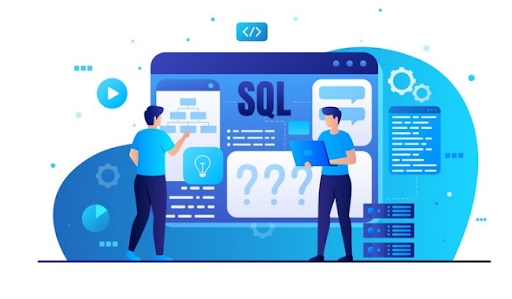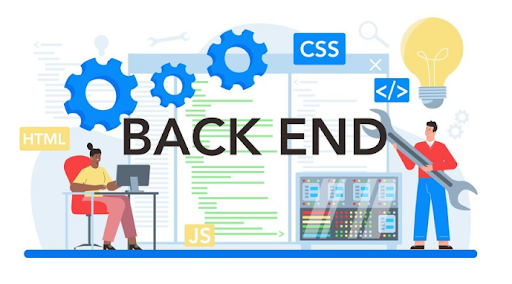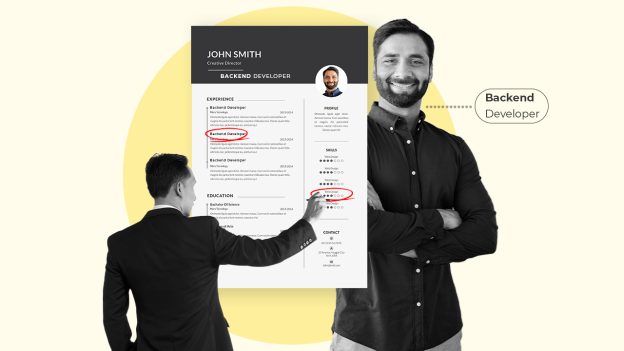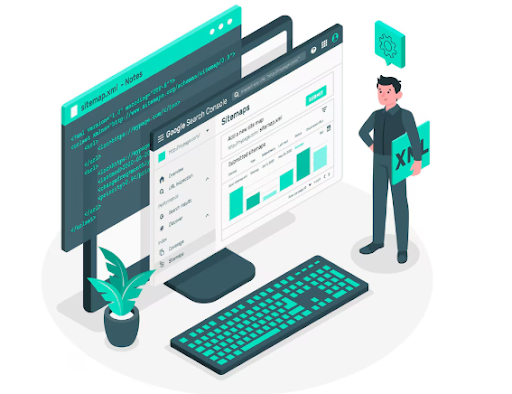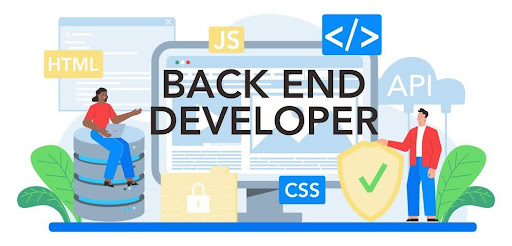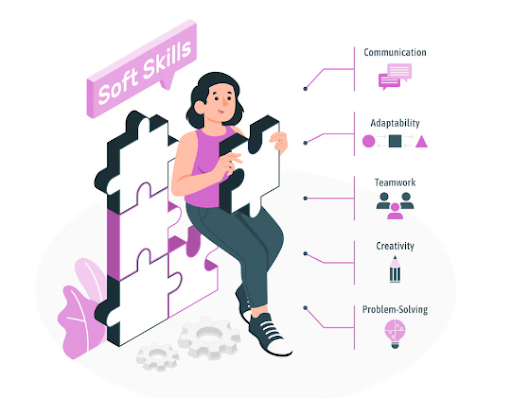The world of SaaS startups is witnessing immense growth. With this growth, the number of backend developers has also increased. A backend developer is pivotal to SaaS companies and handles operations such as backend programming, database integration, and API connectivity. If you are building a SaaS startup, you already know how important it is to hire a backend developer who is a good fit.
Before you start the process of hiring a backend developer, it is essential to know a backend developer’s roles and responsibilities. A good backend developer should be proficient in programming languages such as Python, Java, or Ruby, and database management systems such as MySQL or MongoDB. They should also understand APIs, data structures, algorithms, and version control systems.
Mistakes to Avoid When Hiring a Backend Developer
Here are some common mistakes you must avoid the following mistakes for when hiring backend developers:
1. Not Clearly Defining Your Requirements
List down your tech stack needs, including whether you want to hire a backend developer or a full-stack developer. You also need to decide if you need a generalist or a specialist. Listing these requirements can make it easy to shortlist candidates by looking at their resumes. This can help you save time and resources.
2. Prioritizing Cost Over Experience
Hiring a less experienced developer instead of an experienced one at a higher cost might seem cost-effective in the short term, but it may cost you more in the long run. Inexperienced developers might not have good backend developer skills, leading to faulty code. Lack of expertise can also result in project delays, adversely affecting your timelines, budget, and credibility.
3. Overlooking Soft Skills

According to a study, 80% of women found soft skills important and 90% of men found them valuable in the workplace.
So, besides excellent technical skills, good communication and team collaboration should also be a priority as one of the backend developer skills. Any SaaS project requires a team effort, and without soft skills, your team’s productivity and success can be affected.
4. Ignoring Experience with Scalability
With the constantly evolving technology and increasing online traffic, it is crucial that the applications your SaaS startup builds are scalable and do not compromise performance. When you are planning to hire a backend developer, you need to assess their experience with scalable architectures in their past projects.
5. Failing to Test Technical Skills Properly

Besides theoretical assessment, you need to assess the candidate for their problem-solving skills for real-world problems. Include a task in the interview process that has actual project scenarios to assess if their technical skills are up to the mark and relevant to your company.
6. Not Checking References and Portfolio
Besides technical assessment through a task, look at the backend developer’s portfolio. This will give an insight into whether they understand backend developer roles and responsibilities, and if their experience is relevant to your requirements. You should also enquire about previous projects from references provided by them.
7. Ignoring Security and Compliance Expertise
Data security is crucial in any web application because data breaches can have severe legal consequences. When hiring a remote backend developer, ensure that the candidate is adept at secure coding practices, understands the importance of protecting sensitive user data, and ensures legal compliance by following security standards.
8. Hiring Without a Trial Period
While a backend developer may seem like a good fit during the hiring process, you’ll only know for sure when they have come on board. It’s good to have a trial period before giving out a full-time offer. It gives you time to assess their technical and soft skills in a real-world setting.
9. Not Considering Long-Term Compatibility
Besides assessing the backend developer for the current requirement, you must evaluate the candidate’s compatibility for future projects too. Frequent changes in the team can disrupt workflows and harmony. Long-term compatibility also reduces turnover by helping you save on recruitment and training resources.
10. Rushing the Hiring Process
Rushing the hiring process might seem time-saving, but it can have pitfalls. A proper recruitment timeline ensures you do not miss important details and possible red flags about the candidate, which might jeopardize the project later. A thorough vetting process helps you evaluate the developer’s work history and overall skills properly.
Looking to Hire a Backend Developer?
By avoiding some common pitfalls while hiring a backend developer, you can ensure you have a relevant and reliable addition to your team. You can also partner with experienced recruitment firms with a proven track record of helping companies find skilled developers. This can benefit you by helping you save time and resources that you could otherwise use to focus on your core SaaS business.
Understand the specific requirements of your company and see whether they fit with them and make your decision accordingly.
Frequently Asked Questions
What are the key skills a backend developer should have for a SaaS startup?
Ans: A skilled backend developer should be proficient in backend programming languages, database management, API development, data structures, and algorithms.
Should I hire a backend developer or a full-stack developer?
Ans: For a simple project, you can hire a full-stack developer. If your project involves complex backend operations and logic, it is better to hire a backend developer.
How can I evaluate a backend developer’s problem-solving skills?
Ans: You can ask a question with real-world problems and assess their answers for their problem-solving skills.
What is the best way to test a backend developer before hiring?
Ans: You can have a paid task in the hiring process where you can assess the backend developer skills.
How do I ensure my backend developer follows security best practices?
Ans: You can ask questions regarding the best security practices and assess them for optimal responses. Additionally, enquire about their use of security practices in previous projects.


